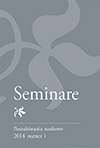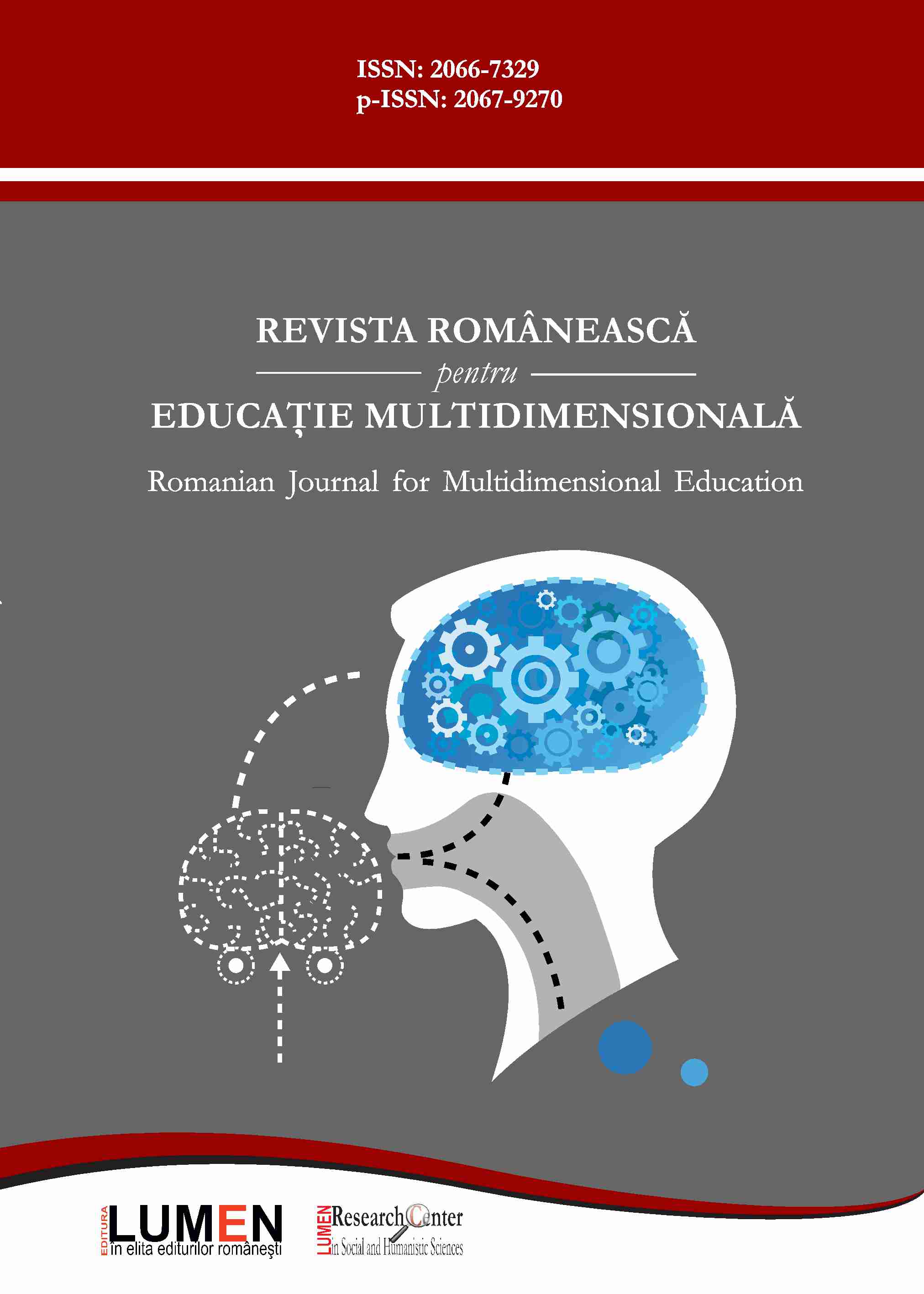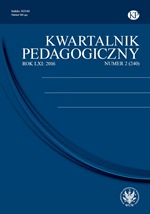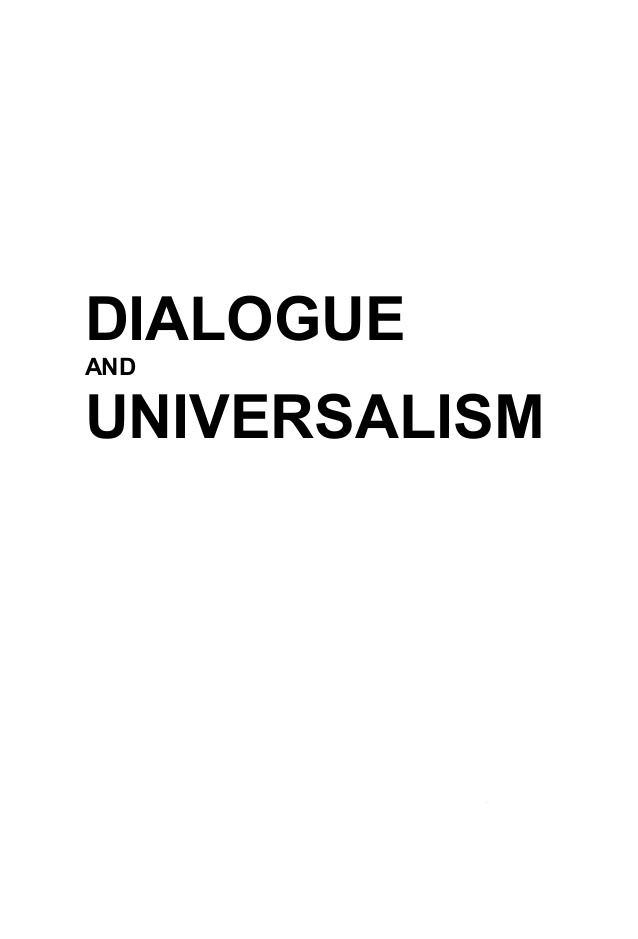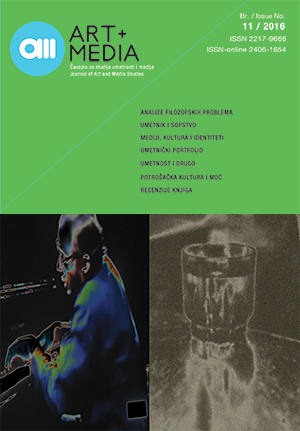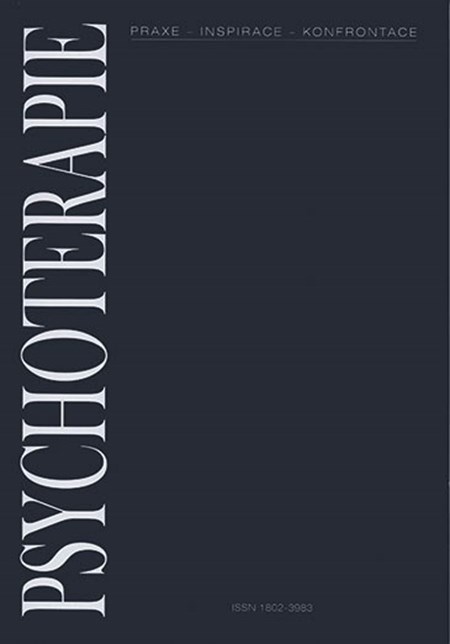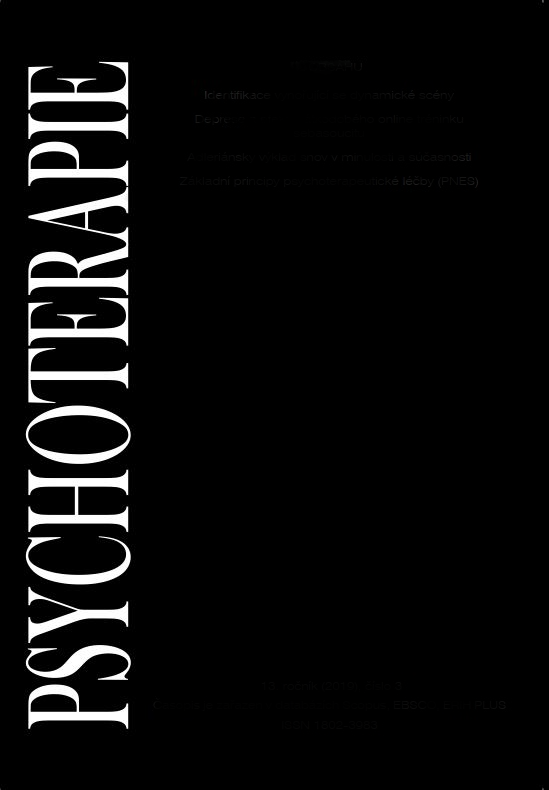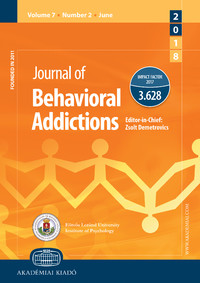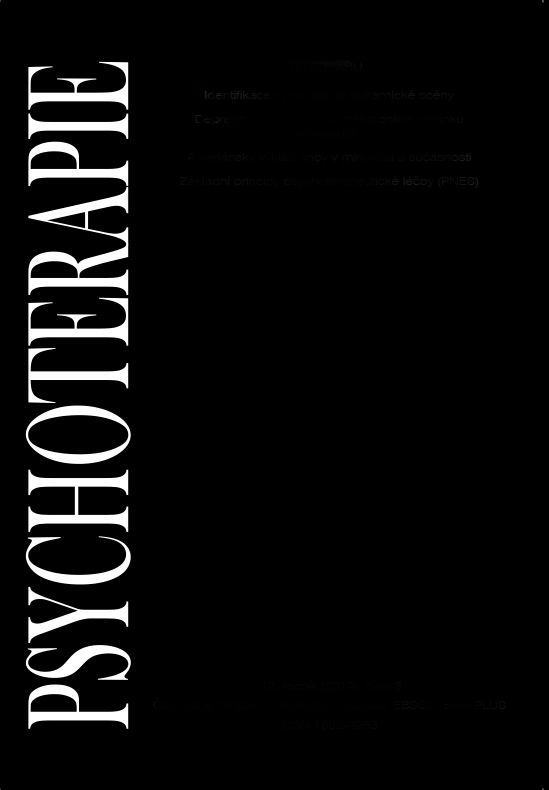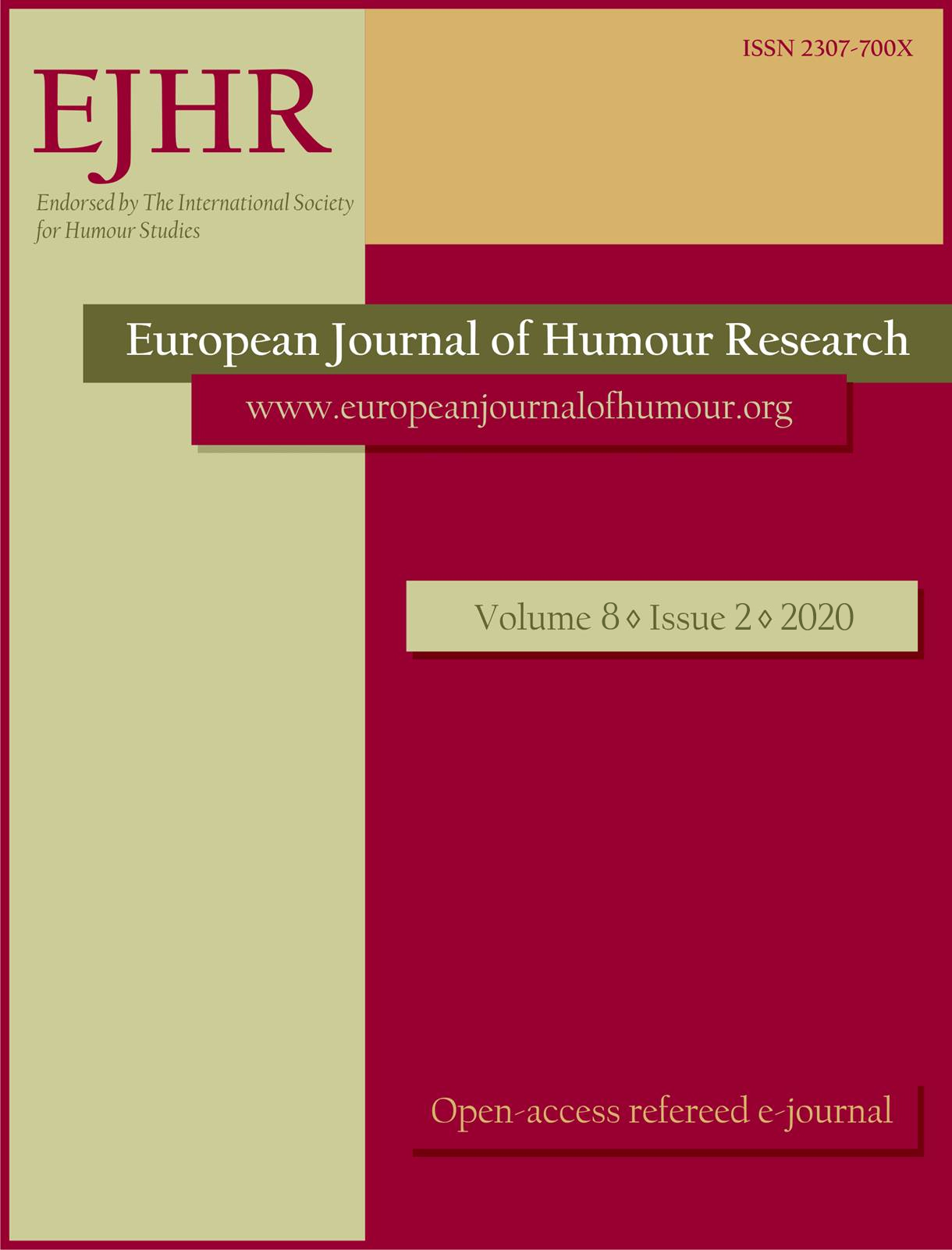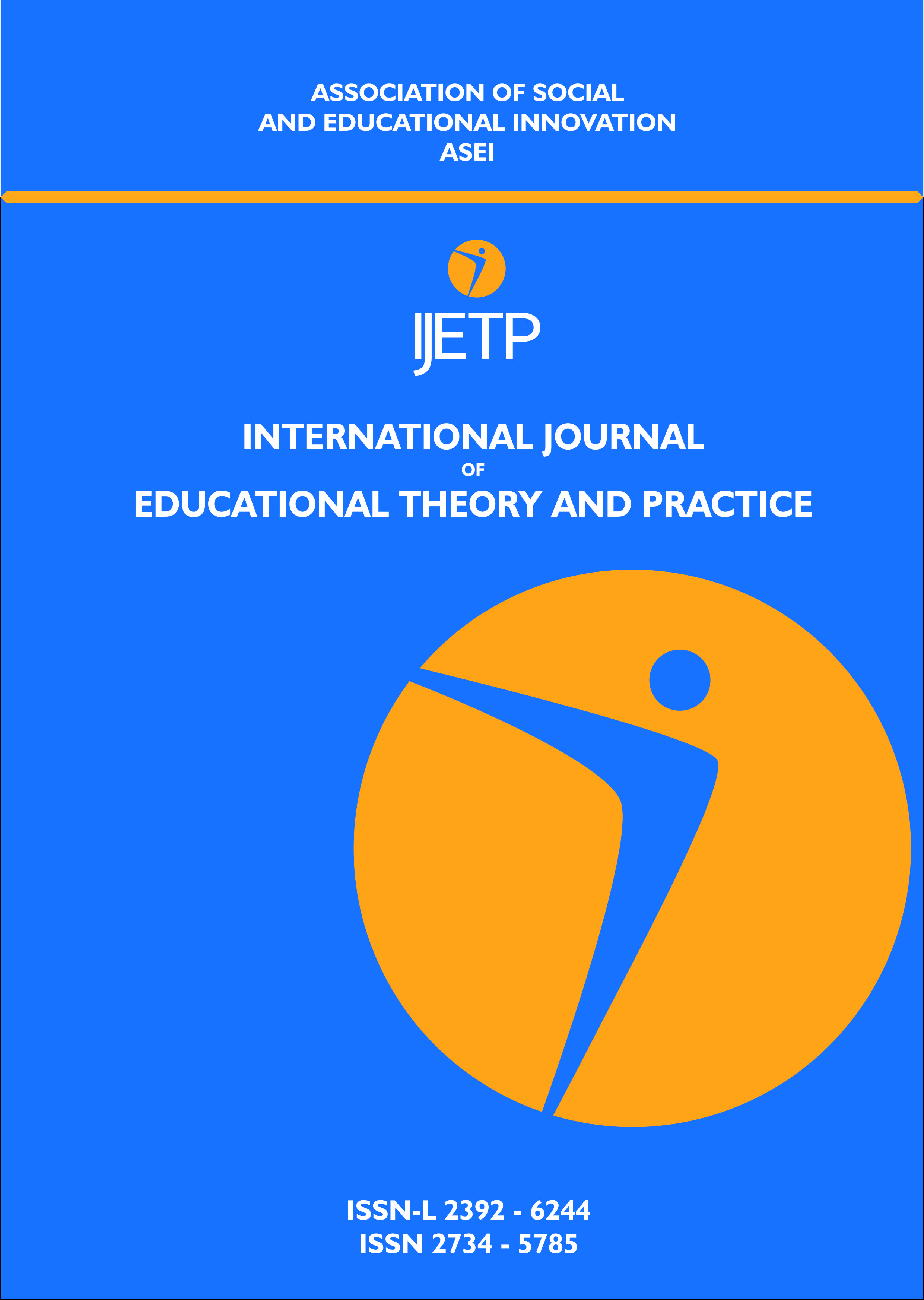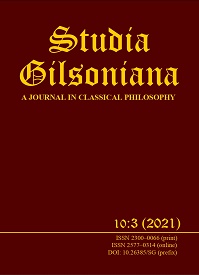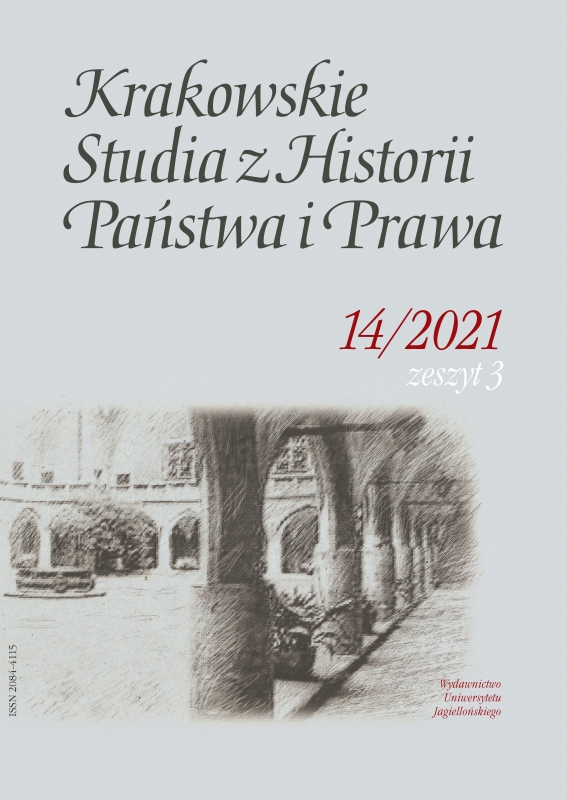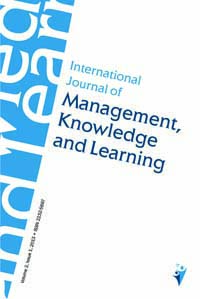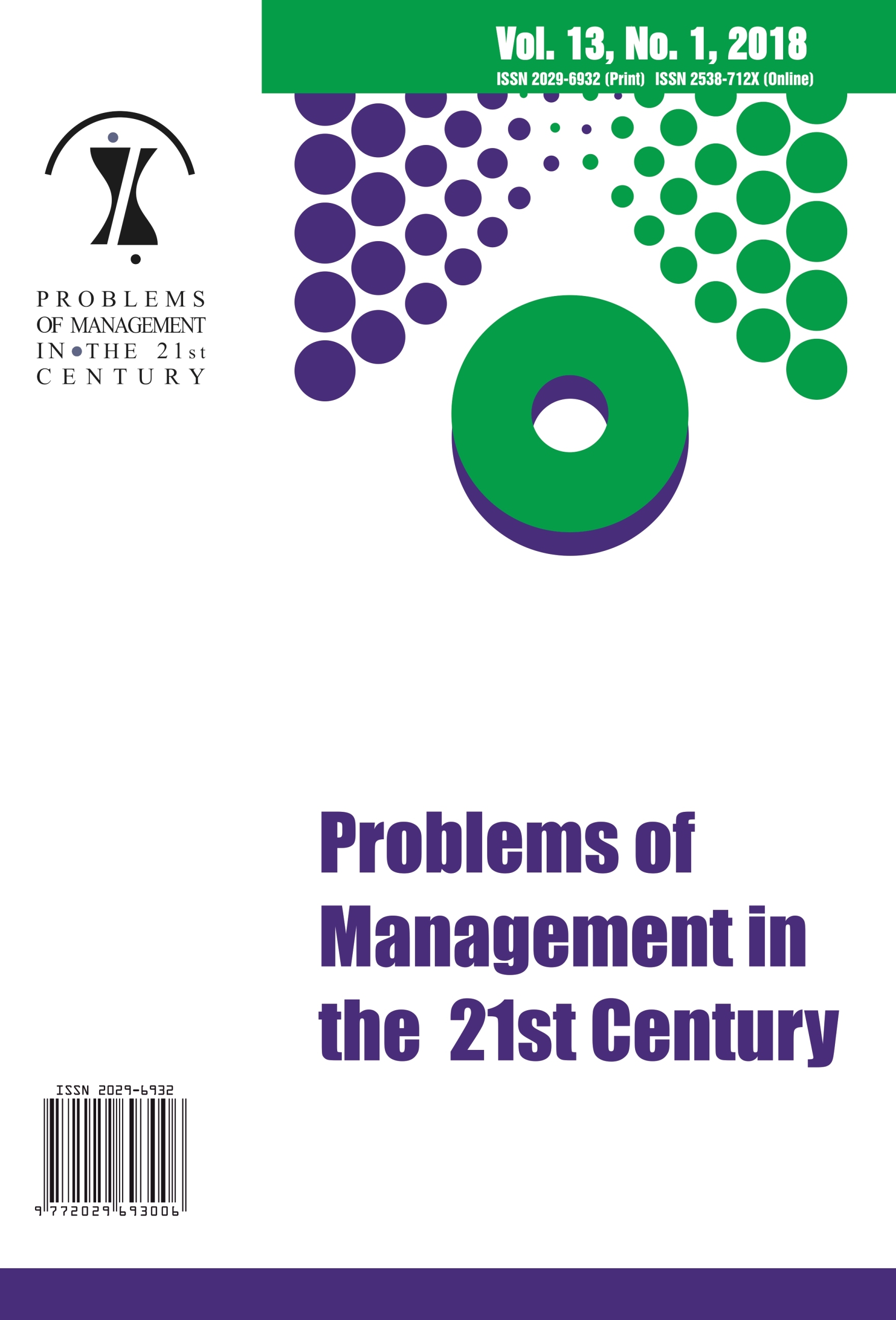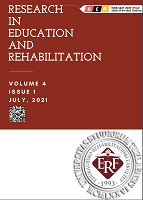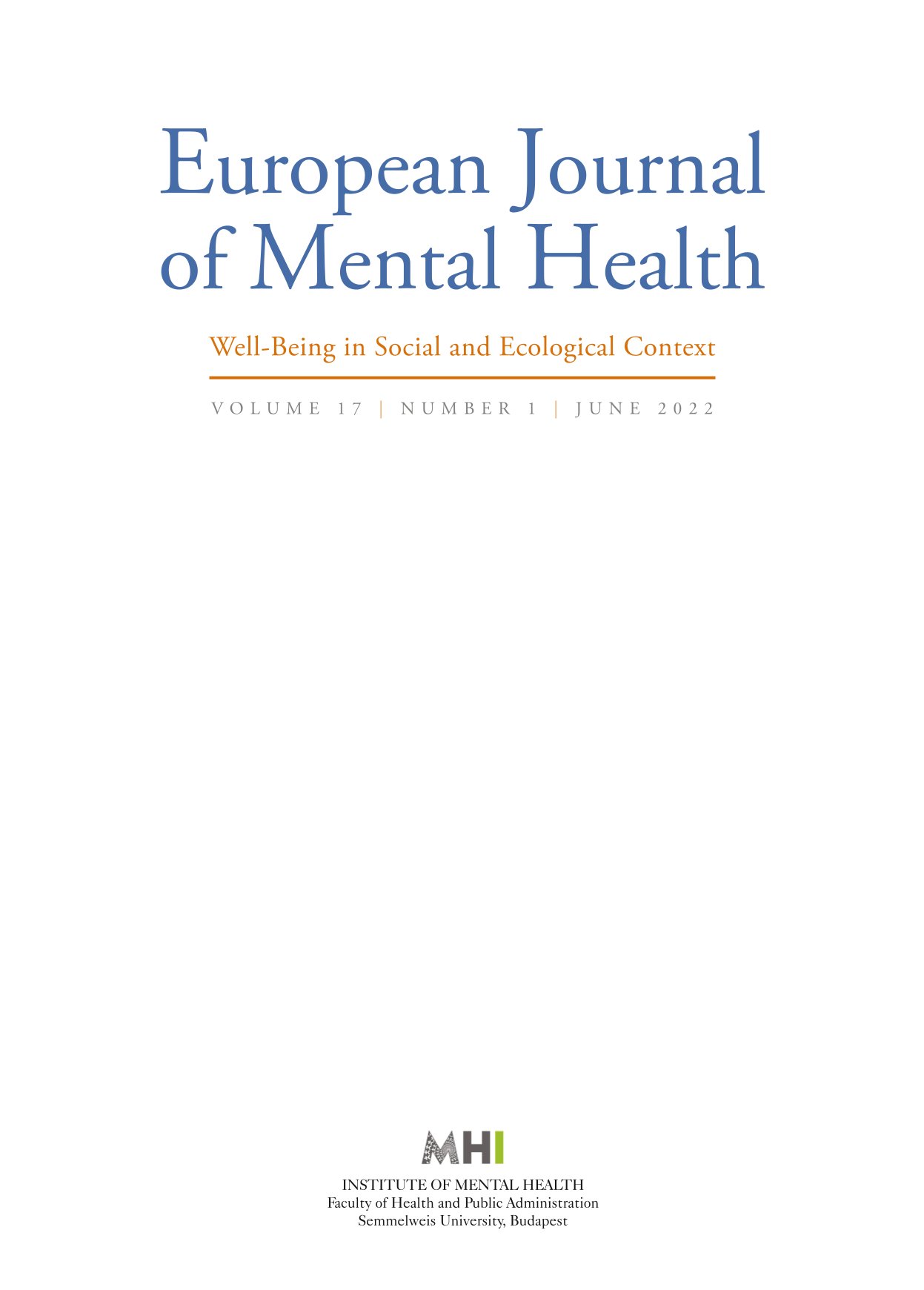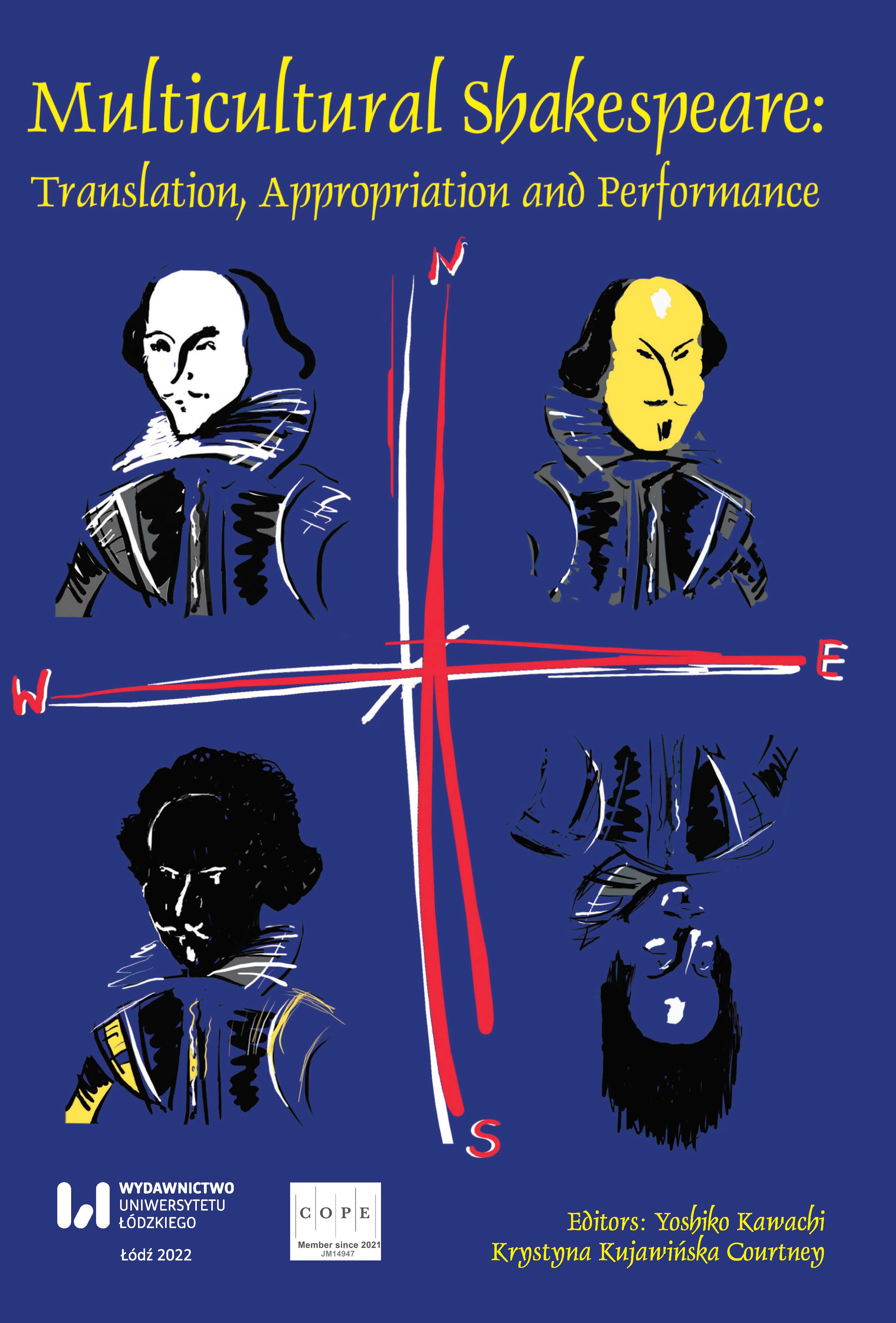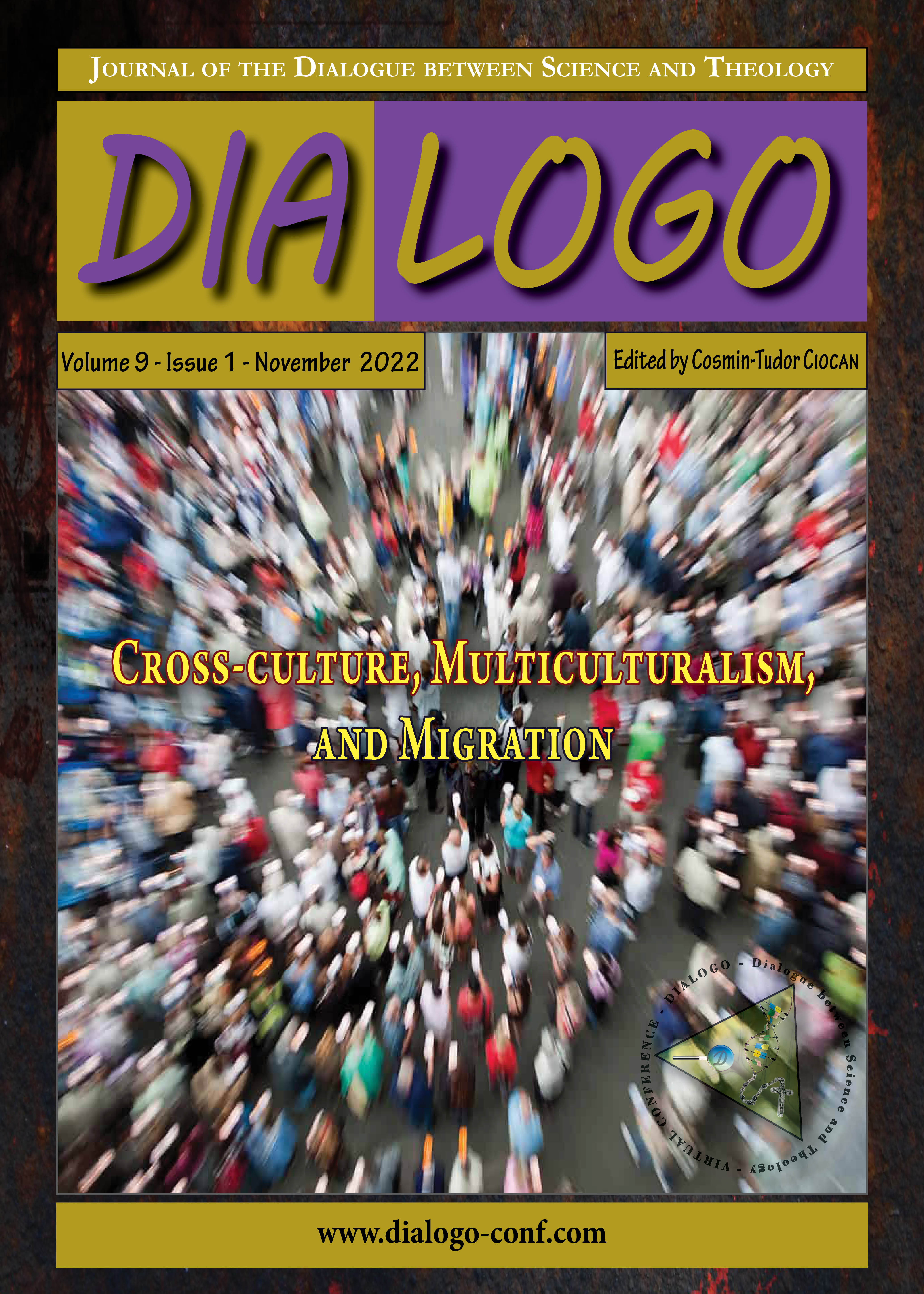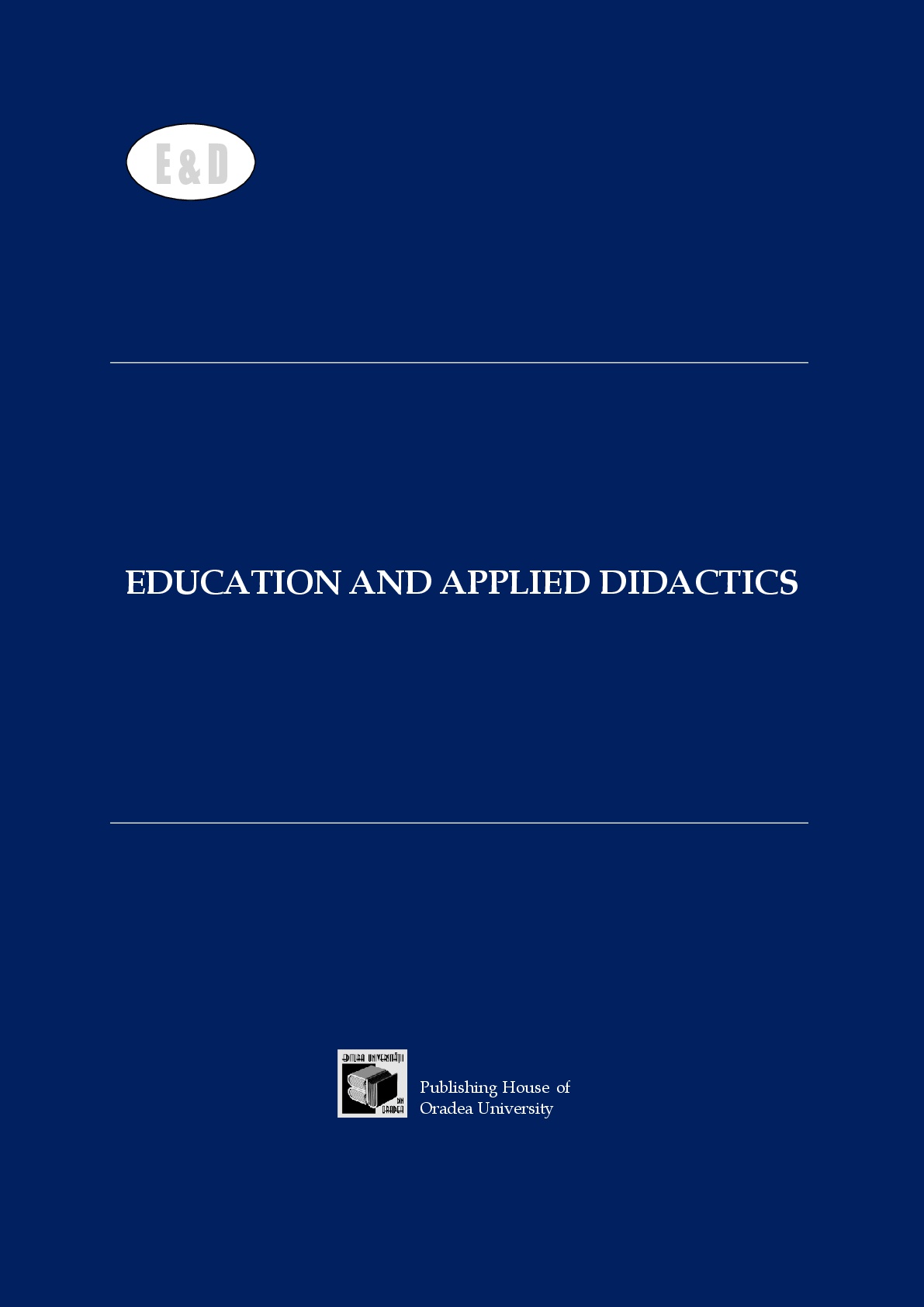Treatments for internet addiction, sex addiction and compulsive buying: A meta-analysis
Author(s): Martina Goslar,Max Leibetseder,Hannah M. Muench,Stefan G. Hofmann,Anton-Rupert Laireiter / Language(s): English
/ Issue: 1/2020
Keywords: Internet addiction; sex addiction; compulsive buying, treatment; meta-analysis
Background and aims. Internet addiction, sex addiction and compulsive buying are common behavioral problems, which share similarities with gambling disorder and substance use disorders. However, little is known about the efficacy of their treatments. The objective of this meta-analysis was to examine the efficacy of the treatments of such problem behaviors, and to draw parallels to gambling disorder and substance use disorders in terms of treatment response. Methods. Literature search yielded 91 studies totaling 3,531 participants to provide a comprehensive evaluation of the short-term and long-term efficacy of psychological, pharmacological and combined treatments for internet addiction, sex addiction, and compulsive buying. Results. Psychological, pharmacological, and combined treatments were associated with robust pre-post improvements in the global severity of internet addiction (Hedges's g: 1.51, 1.13, and 2.51, respectively) and sex addiction (Hedges's g: 1.09, 1.21, and 1.91, respectively). For compulsive buying, psychological and pharmacological treatments were also associated with a large-sized pre-post reduction in global severity (Hedges's g: 1.00 and 1.52, respectively). The controlled pre-post and within-group pre-follow-up effect sizes were in the similar range, with few exceptions. Moderator analyses suggest that psychological interventions are effective for reducing compulsive behaviors, especially when delivered face-to-face and conducted over extended periods of time. Combinations of cognitive-behavioral approaches with medications showed an advantage over monotherapies. Discussion and Conclusions. The results suggest that treatments for common behavioral addictions are effective in the short term, similar to those implemented for gambling disorder and substance use disorders, but more rigorous clinical trials are needed.
More...
